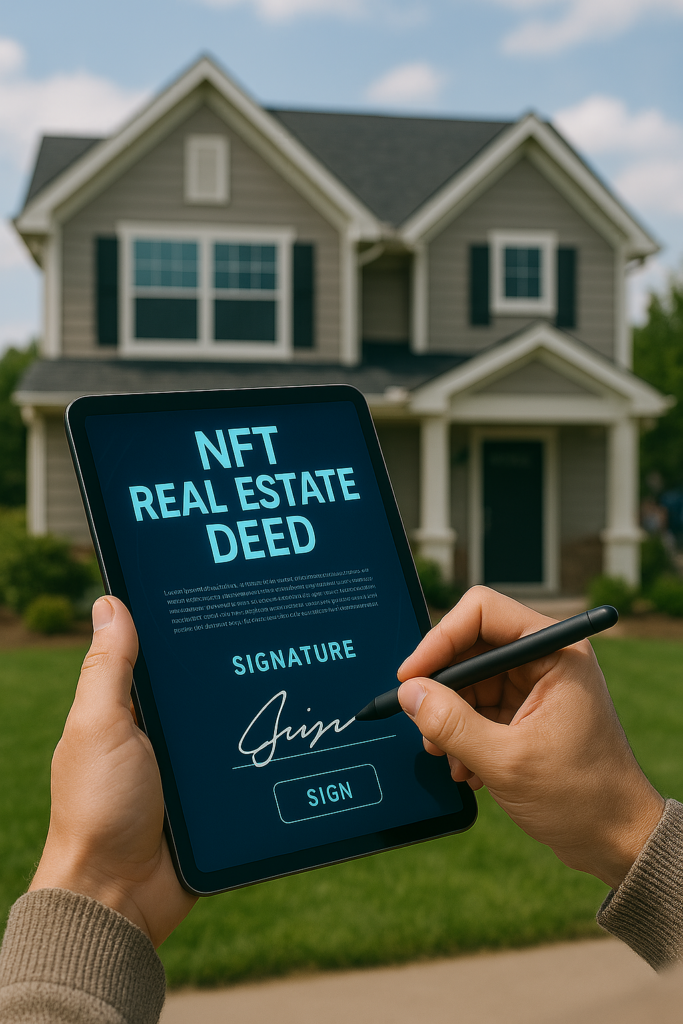Real-World NFT Utility: Beyond Just Digital Art

NFTs weren’t supposed to stop at pixelated monkeys. Somewhere between the hype and the headlines, the real use cases got buried. But they’re here, and worth paying attention to.
Let’s cut through the noise. NFTs are digital tokens that prove ownership, authenticity, or access. That core idea has serious legs outside the art world. From event tickets to real estate deeds, NFTs are quietly making systems smarter and more secure.
Here’s what that looks like in practice.
1. NFT Ticketing: No More Scams or Fake Passes
Traditional ticketing systems are fragile. Duplicate barcodes, last-minute scalping, and identity theft are all too common. NFTs fix that.
An NFT ticket is unique, traceable, and nearly impossible to fake. Artists like Snoop Dogg and sports leagues like the NBA have tested them at events. The result? Reduced fraud, easier resale, and built-in perks like exclusive content for holders.
The best part? Fans actually own the ticket. They can keep it, sell it, or use it as proof of attendance.

2. NFTs in Gaming: Real Ownership of Digital Items
Gamers have spent years grinding for weapons, skins, and items they can’t actually own. NFTs flip that model.
Now, an in-game item minted as an NFT belongs to the player. They can sell it on marketplaces, trade across games, or even rent it out. Studios like Ubisoft and Square Enix are experimenting here.
There’s still friction, blockchain UX is clunky. But the direction is clear: players want control, not license agreements.
3. Real Estate: NFTs for Deeds and Fractional Ownership
NFTs are now being tied to property ownership. Companies like Propy are tokenizing real estate deeds, which speeds up the buying process and locks in proof of ownership.
Fractional NFTs are also emerging. Imagine owning 1% of a luxury condo in Paris, tradable anytime. It’s not just possible, it’s happening.
It also removes paperwork bloat. Smart contracts handle transfers, taxes, and timestamps without needing an entire legal team.

4. Identity and Credentials: No More Lost Diplomas
Think beyond ownership. NFTs can store verified credentials: college degrees, certificates, even work history. The information is tamper-proof and portable.
Instead of calling your university to reissue your diploma, your wallet already has the proof. Institutions like MIT and the EU’s EBSI project are testing blockchain credentials.
It gives individuals more control and makes verification frictionless.
5. NFT Memberships: Community Access With Perks
Membership NFTs act like digital keys. They unlock gated content, private events, or ongoing benefits.
Brands like Adidas and Starbucks are testing these waters. When you hold the NFT, you’re in. Sell it, and you transfer the access. Simple and secure.
It’s loyalty, upgraded. And it travels with the user, not locked to an account.
ALSO READ
Why These Use Cases Matter
Here’s what all of this adds up to:
- Ownership: Real, provable, portable.
- Interoperability: Use the same asset across platforms.
- Security: Fewer middlemen, more transparency.
- Resale Potential: Users capture more of the value they generate.
The art may have sparked the NFT boom. But these practical use cases are what will sustain it.
FAQ
Q1: Are NFT tickets already being used at scale?
Some pilot programs exist, especially for concerts and sports. Widespread adoption is still early.
Q2: What’s stopping NFT gaming from taking over?
User experience, lack of interoperability, and player skepticism are major hurdles.
Q3: Are real estate NFTs legal?
In some regions, yes. Regulation is evolving fast, and platforms are working closely with local authorities.